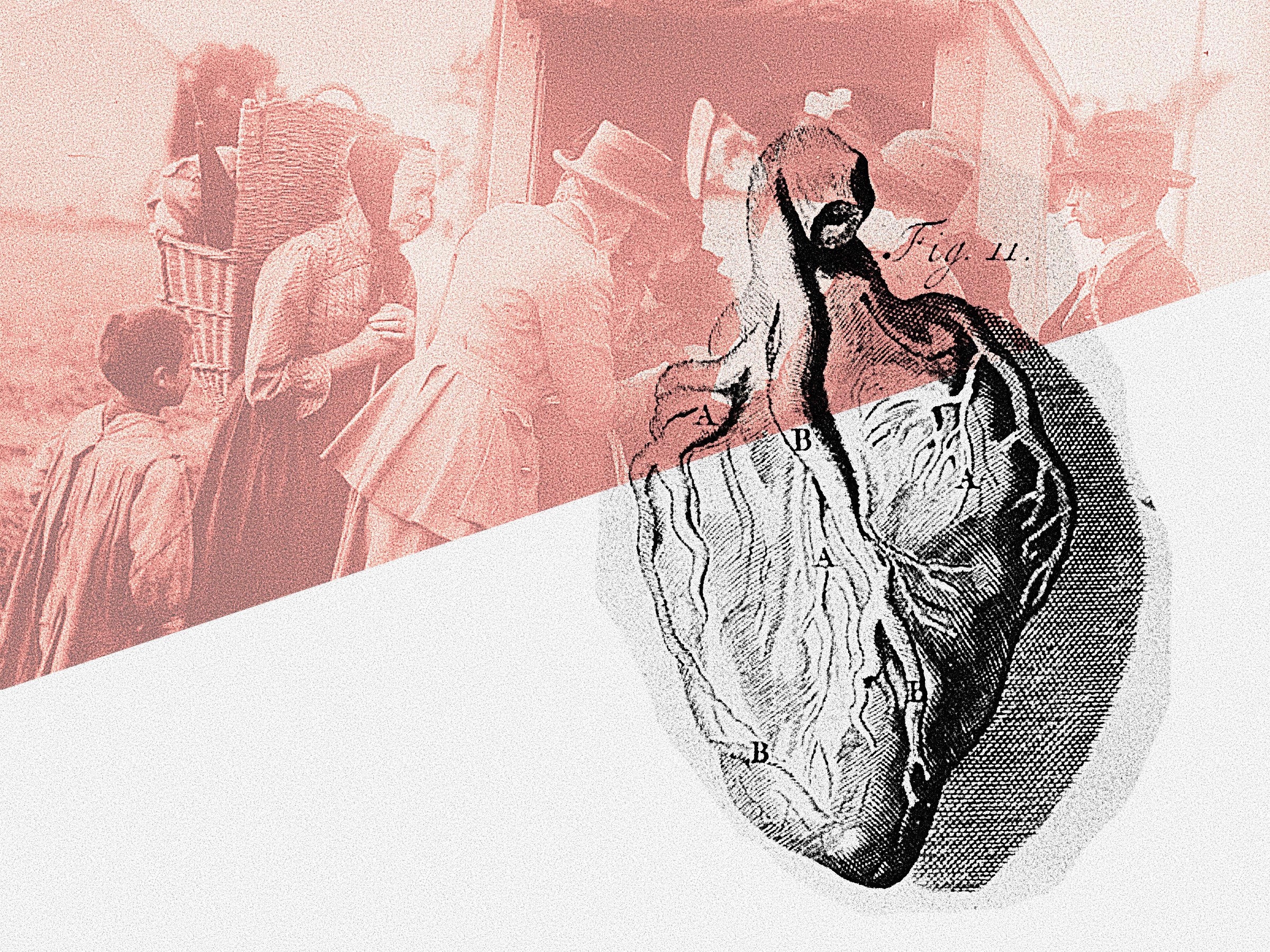Written by Noah Read
A cardiac stress test is a medical test used to determine the health and resilience of a human heart. Doctors will monitor a patient during heavy exertion to determine the physical condition of the heart. It is used to diagnose heart disease, test recovery from a heart attack or procedure, or simply to understand a patient’s health.
The western world is facing its own cardiac stress test in the ongoing refugee crisis. The health of our individual and collective hearts is on trial as we witness the plight of people fleeing their homes as a result of war, death threats, famine, and persecution. Many were galvanized by the images of people flooding trains, a dead child on the beach, or war in far away lands. However, reduced media exposure, rising nationalism, and cruel politics have combined to muffle the voices of those who cry out for asylum and relief. The initial sprint of activism and aid has settled into a long slow marathon. It is important to understand the cycles of people’s attention, but be persistent in listening to the voices of refugees and helping them however we can.
When the heart is unstressed or neglected it dies. The same thing happens with our spiritual hearts, they need exercise. We need to put ourselves in the shoes of those who suffer in order to work the muscles of our human empathy. If we are failing our stress test we can open our hearts to those who seem different than us. They may come from distant lands, speak different languages, or worship in different ways, but they worry about their families and their communities, just as we do. If we want to strengthen our hearts, we can hardly do better than to open them to refugees.
Official Statement on the Detention of Refugees and Ongoing Community Violence
With another death in Minnesota and continued violence toward individuals and groups standing up for their communities, we acknowledge the profound fear and uncertainty people are feeling--not just locally, but across the country.
On top of this, there are reports that refugees invited and admitted to our country through the U.S. Refugee Admission Program are now being detained, meaning that our new friends and neighbors feel that fear most acutely.
Refugees have already fled violence and persecution once. They came here legally, seeking safety. In moments like these, we reaffirm our commitment to building communities where refugees and immigrants can live without fear. Where they can go to work, send their children to school, and build lives of dignity and belonging.
We call for due process, accountability, and humanity in all immigration enforcement operations. We call upon our leaders to demand the demilitarization of our neighborhoods and cities. And we call on all of us to continue the work of welcoming and protecting those who have been forcibly displaced from their homes.
